![]() Losing a Loved One to Madness
Losing a Loved One to Madness

My mother was diagnosed with early Alzheimer’s and dementia not long after my father lost a his two-year battle with a rare slow-growing tumor on his pancreas. The slow growing part of his cancer was both a blessing and a curse. He once asked me, “If you had the choice, would you want to know when you would die?” “I don’t know,” I answered.” I still don’t. I guess I would rather it be a surprise. But then again, if I could plan for it, I could be like those two guys in the Bucket List, played by Morgan Freeman, and Jack Nicholson. I could do all of the things I always wanted to do, but never have. Really, knowing what I know, I should be out doing this now.
I can tell you, if I had to choose between dying of cancer and dying of Alzheimer’s, cancer would win. Those two years that my father had were a gift, even though he suffered, and maybe did not see it that way. He had time to reflect, and time to say goodbye. Dementia is less kind. Dementia murders the mind, but keeps the body chugging along. The personality traits that make up the person you know and love slowly slip away, and you are left caring for a mentally impaired version of your loved one. What is worse, you don’t even get to say goodbye.
I write this because if you have a loved one with Dementia, you might feel like every decision you make is the wrong one. You might feel very alone. But this is not the case. There are no easy answers. Or any set in stone direction to take.

In the beginning, my mother’s memory loss was worrisome. She forgot appointments, and she couldn’t remember where she parked her car at the supermarket. Then, it progressed to scary. She couldn’t find her way home from the market, and she left things cooking on the stove while she distractedly walked away to do something else. Then it became shocking and disturbing, accusing her caregivers of taking things that she had misplaced, and losing track of time entirely. And just when I think it can’t get any worse, she shocks me again. Now she is struggling to recall her grandchildren’s names and is forgetting how to write her own name. Yesterday, she asked me how she got her name, and what my father’s name was. She seemed confused no matter how many times I explained it.
After Dad passed in 2011, my siblings had been looking after mom in Rhode Island while she lived in independent senior housing. Every stage so far has been a battle: cleaning out and selling her house (did I mention that she is a hoarder?), taking away her keys, moving her to assisted living. For an elderly person there is little worse than losing your independence. She hasn’t forgotten how to fight. Our family has struggled through every stage of caregiver burnout.
It took a team of six of us a solid week to clean out the house. She literally saved everything and didn’t want to part with a single thing. We tried to sell it, but ended up giving most of it away.One of the biggest issues from a caregivers perspective dealing with dementia in a loved one is the afflicted person does not believe that anything is wrong with them. Their mantra is: I’m not crazy, it’s everyone else. And also that most of the people in your life have no idea what you are dealing with on a daily basis.
Two years ago, Mom moved to Virginia to be near us. My siblings had finally thrown in the towel, and I felt it was my turn to take up the reigns. After all, I promised my father that we would look after Mom and in truth no one else wanted to take her on. She had been evicted from her independent housing apartment not for non-payment, but because she required too much additional assistance for which she was not paying, and she refused to move into the assisted living quarters. My siblings could not bring themselves to face the battle of committing her. I have five siblings but only three of us are involved in Mom’s care. The others have opted not to be, and a few have not been on contact ever since they were told all loans and financial assistance would have to be cleared through her remaining trustees. Assisted living is outrageously expensive, and we need every dime that my father scrupulously saved in order to pay the bills.
The first assisted living facility near me that we tried was a disaster. After I broke my back singlehandedly moving her things then she sat on the bed and cried, saying, “I don’t belong here. These people are crazy!” She called the other residents, “inmates”. Guilt, shame, depression, and anxiety–these do not even begin to cover the psychological damage this disease brings to those of us who call ourselves caregivers. There is no in-between place for someone like my mother. You are either independent or not. I shared my concerns and frustrations with the nurse in charge of the facility. She told me, “to go and enjoy my life.”
Mom finally made a friend who was similarly on the “spectrum” like her. This is what they call the long slide into dementia. I felt the same way I did whenever my children started at a new school and made their first friend. It was a relief for time. A few months later, her friend took a bad fall, and never returned from the hospital. My mother found out her friend had passed away when she saw the photo memorial of her on the desk in the activities center.
Not long after this, mom was laying in bed ill when I went to see her, and none of the caregivers had checked in on her. I am not saying it was all bad. There were some excellent caregivers, but they appeared to be understaffed especially in the evenings. The activities director did her best to engage the residents. But I hated that the place smelled like stale chicken soup, or worse dirty diapers, and that every time I went there, there was a new photo of someone who had passed away that week. I hated the idea of Mom dying there. Against the advice of everyone I know, I made the decision to move Mom in with my family. The administrator of the facility told me “In the end Alzheimer’s always wins.”
We hired a caregiver to look after Mom while my husband and I were at work, and our teenage children were at school. I thought Mom would be happier. I thought maybe we could slow the disease down some by having her near and engaging with us. We were limited on space, and have completely chaotic schedules with work, school, and sports. It was a challenge to adapt an 86-year-old memory challenged woman into that. Mom wanted to sit and watch jeopardy with someone, and I was struggling to get a million things done in only 24 hours every day. My life was a series of chores I ran through. I withdrew from friends, and from any sense of normalcy. I felt like a disappointment to everyone in my life. I was so fragmented; I had forgotten how to be whole.
My family was frustrated by having to constantly answer the same questions asked by my Mother over and over again, “Did I eat breakfast? Did I eat lunch? Did I take my pills? What state do we live in?” Trapped as we were in the state of confusion, I was impressed by my husband’s, and my children’s ability to still have patience with her. I was the one who lost mine. We couldn’t go anywhere without having coverage for Grandma. It was like having an 86 year-old toddler.
For me, the hardest part is her Egocentric manner and that no matter how hard we work, she can always find the negative. She seems to save it for those who are closest. I struggle to find forgiveness, but resentment is inevitable. I find myself remembering all of the times she forgot me places when I was child, like sitting with my sister, the last to be picked up after Catechism class; walking home sometimes if no one noticed. Maybe she was always a little bit this way, I think. And now I am in a panic whenever I have trouble finding my car at the supermarket or forget where I left my coffee cup. Is it inevitable, after all?
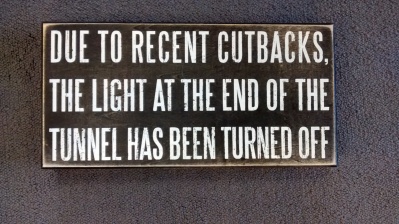
Mom’s first at home caregiver was a nice lady, but she had a habit of falling asleep on the job. She took mom on her personal errands, and chatted on her phone all day. When the caregiver called me at work to ask me for money, I had to let her go. I have too many problems of my own to solve anyone else’s. Mom’s second caregiver was considerably better, and very sweet. But Mom grew more cantankerous as age and her disease dissolved what little remaining filter she had. Her constant complaints and ungrateful attitude took its toll on everyone. I developed stress headaches, and wondered if my marriage was strong enough to survive this, or if I was. Ultimately, she had to go. She was taking away precious time that I needed to be spending with my family. A friend told me that I was heroic. I did not feel this way at all.
When the stairs became too much for Mom, I took this as a sign that it was time to move her again. We were fortunate to find a wonderful place for her, designed for former military retirees. In June, she moved to her new apartment and is settling in, and making friends. It is close by, and the care is excellent. I visit every week, even though every time I see Mom she tells me, it’s the first time that she’s seen me since she’s been here. For two years now, I have been hearing this.
I have had to change my perspective on Dementia in order to deal with this situation. When Mom is sitting with the other residents during activity time, I listen to her having her own repetitive conversation, even while her friends try to engage her in theirs. It reminds me of the group therapy scenes from One Flew Over the Cuckoo’s Nest.
My husband jokingly refers to me as Nurse Ratched. I have a history of being somewhat unsympathetic in certain situations, but I’m not sure this is fair. It makes me laugh, and I am thankful that I remember how. Of course, I have failed to save her. Was this whole experience just a life lesson then?
Meals in Moms new home are a separate adventure. The food is very good, and I am thankful for that because she would complain otherwise. If my visits fall during meal time, I sit and eat with her and the other residents at her table. It gives me a chance to observe her in her day-to-day life. The residents are all very sweet, and have their own reasons for being there. But meal time reminds me of the scene from Alice in Wonderland, where the Mad Hatter is playing host to his friends. I wonder does this mean that Mom is the Mad Hatter, and that I am Alice. Or maybe it is the other way around.

I am happy she has a found a place where she can belong for now. I wish one of Alice’s magic pills could cure this disease for my mother, and for countless others. But until then, I have to try to find some joy in what remains of her.

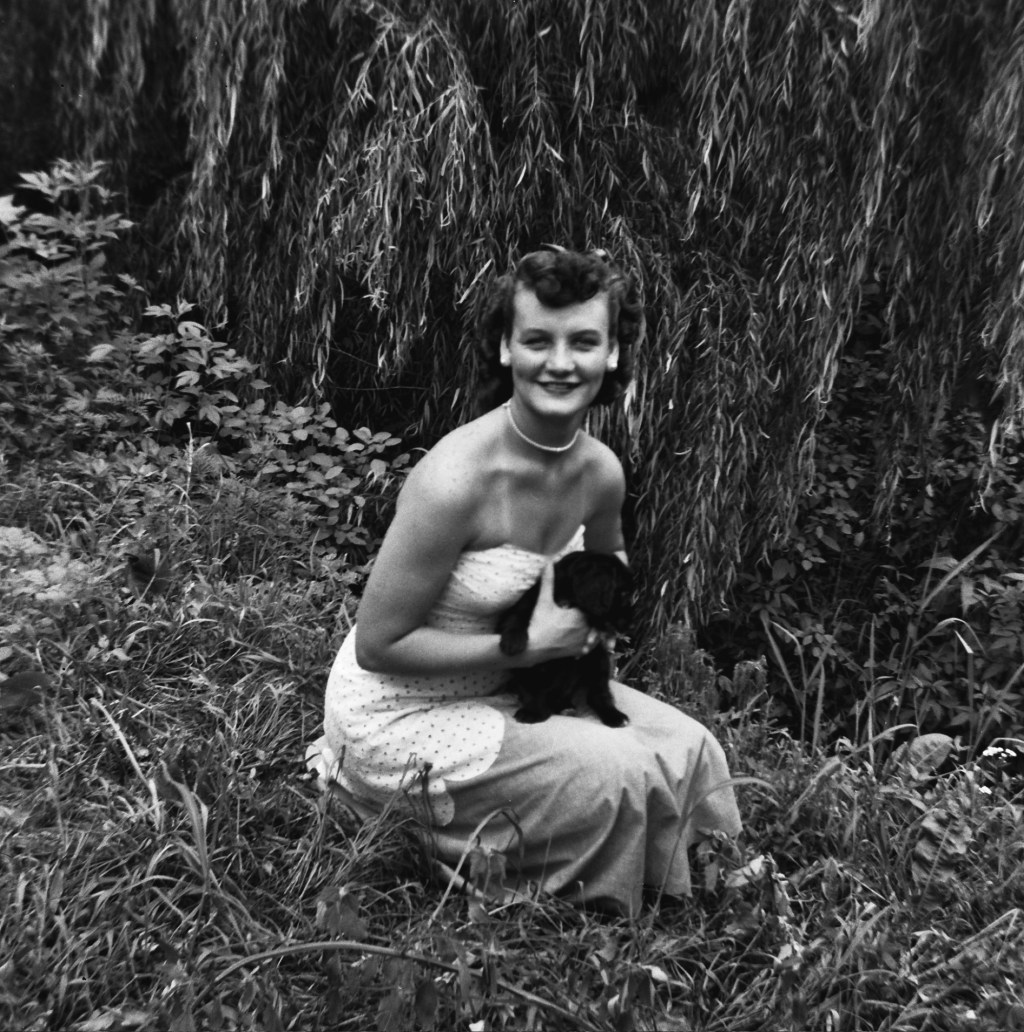




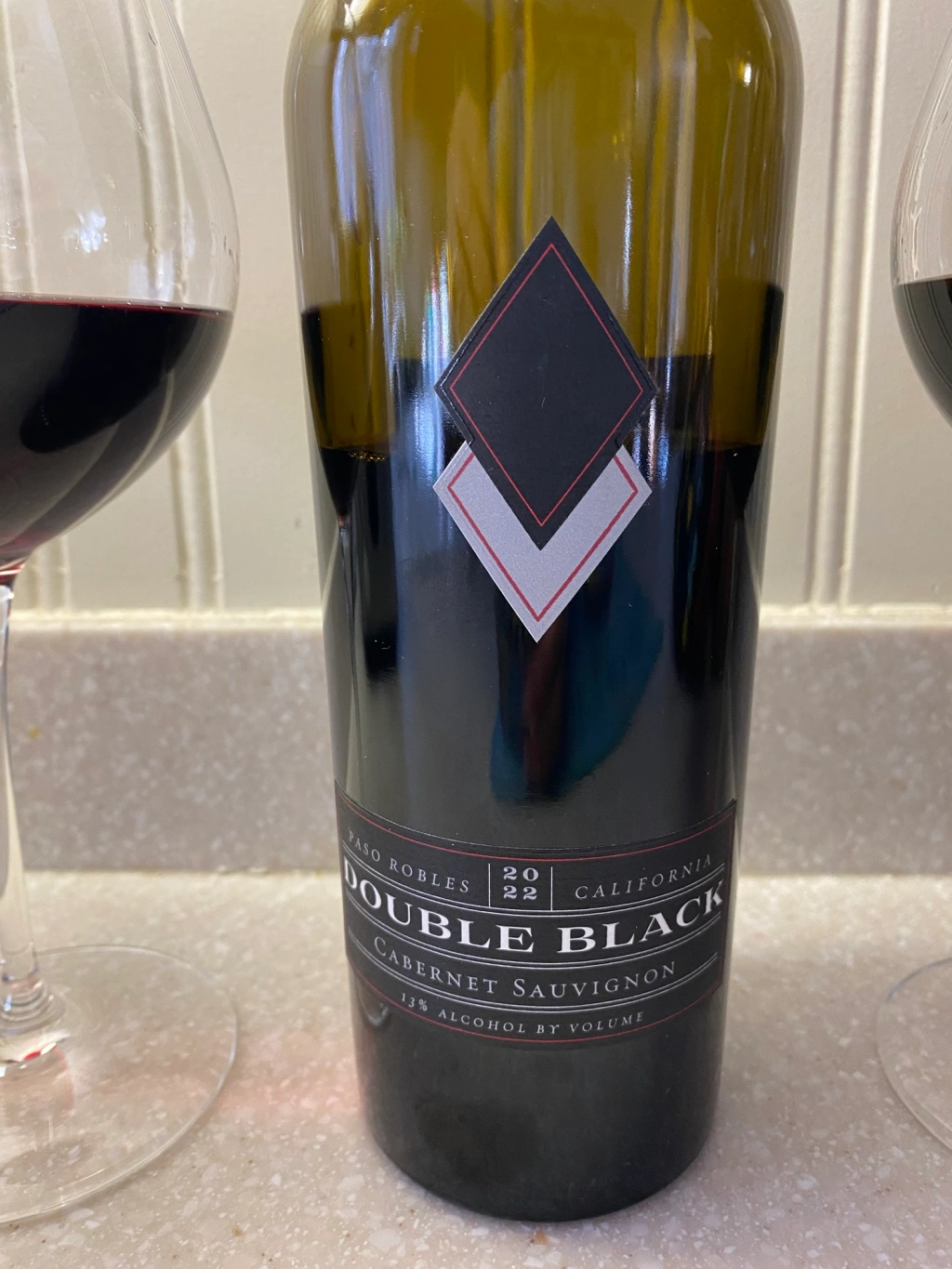
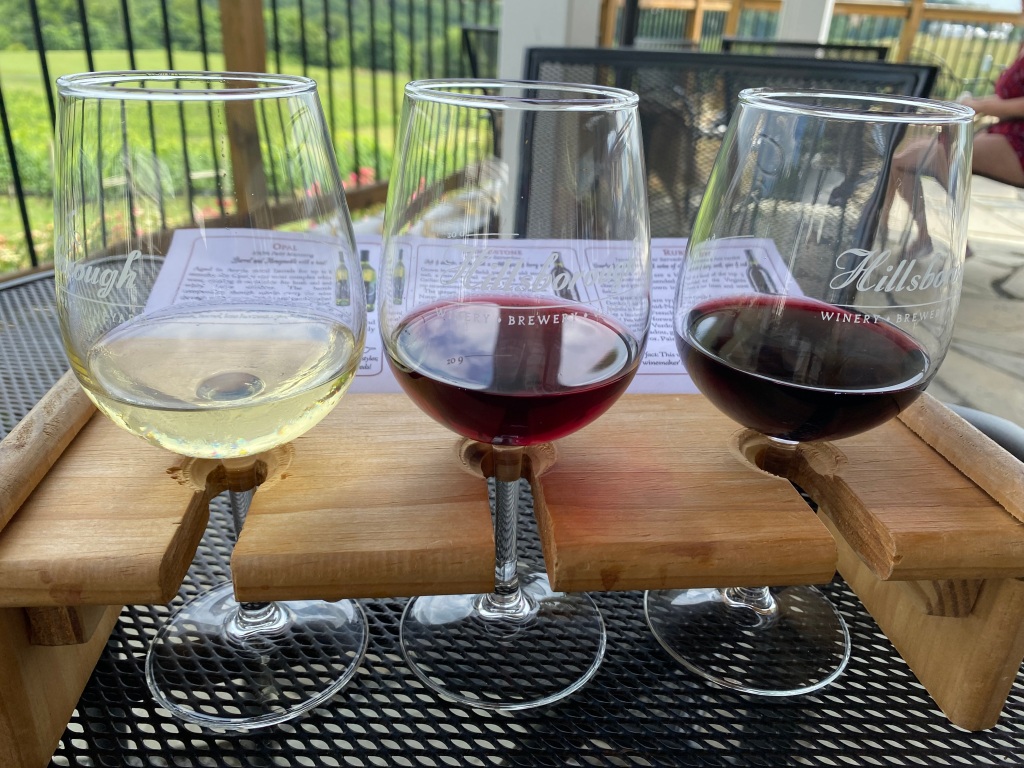
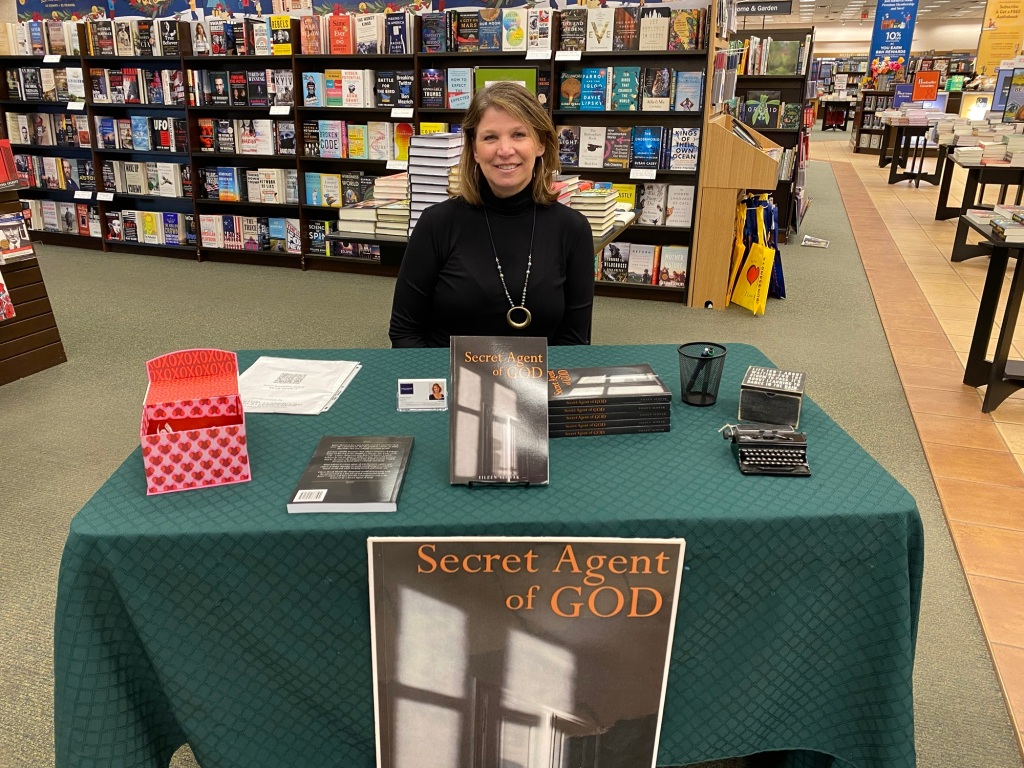
Leave a comment